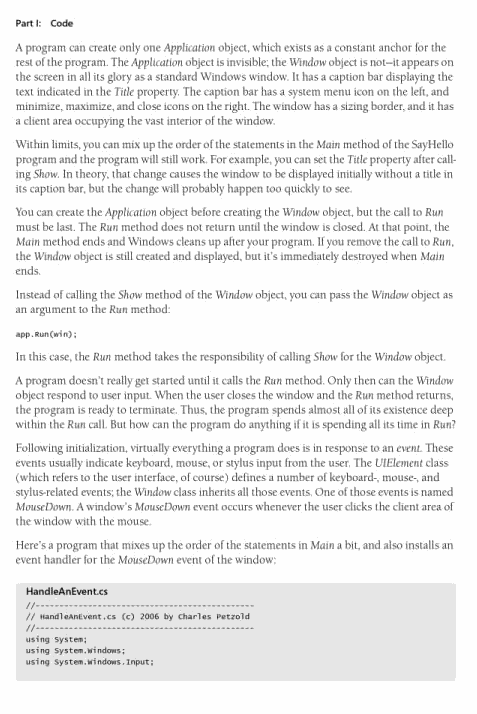perl
Nobody Cares What Your Code Looks Like
In The Problems of Perl: The Future of Bugzilla, Max Kanat-Alexander* laments the state of the Bugzilla codebase: Once upon a time, Bugzilla was an internal application at Netscape, written in TCL. When it was open-sourced in 1998, Terry (the original programmer), decided to re-write Bugzilla in Perl. My understanding








